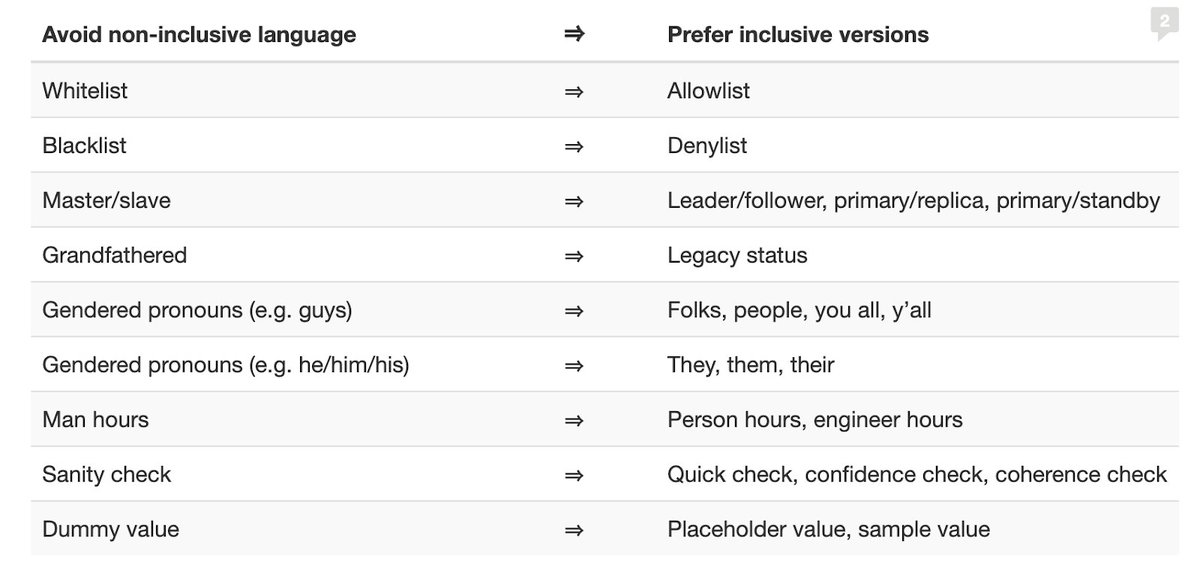Sharing another update on the changes we’ve made to our open source repos this week and a preview of what’s next 🧵
github.com/twitter/the-al…
github.com/twitter/the-al…
User Signals are the most important data source for our candidate sourcing algorithms. Here is more detail about how we use the user signals.
github.com/twitter/the-al…
github.com/twitter/the-al…
Our Aggregation Framework is a config-driven Summingbird based framework for generating real-time and batch aggregate features to be consumed by ML models.
github.com/twitter/the-al…
github.com/twitter/the-al…
Representation Manager serves as a centralized embedding management system, providing SimClusters or other embeddings as facade of the underlying storage or services.
github.com/twitter/the-al…
github.com/twitter/the-al…
Representation Scorer serves as a centralized scoring system, offering SimClusters or other embedding-based scoring solutions as machine learning features.
github.com/twitter/the-al…
And that's it for this round. Stay tuned for what comes next!
github.com/twitter/the-al…
And that's it for this round. Stay tuned for what comes next!
• • •
Missing some Tweet in this thread? You can try to
force a refresh






